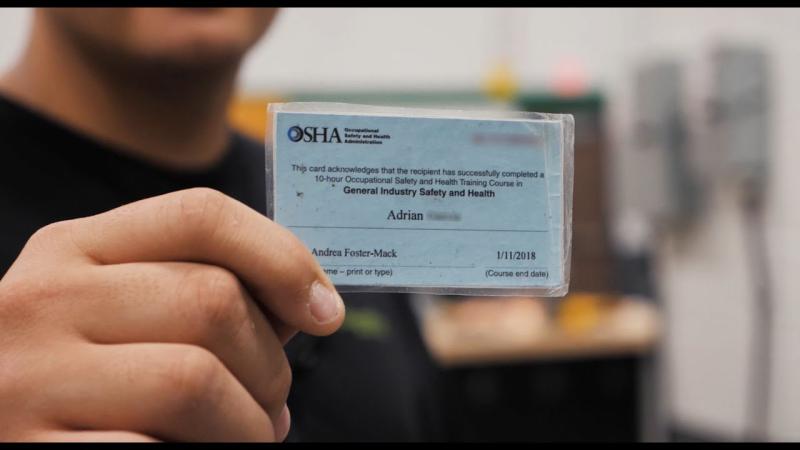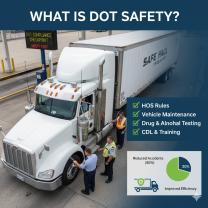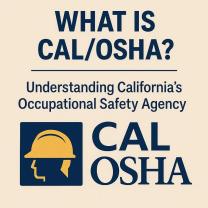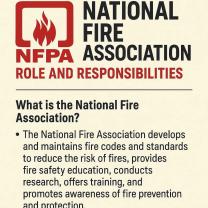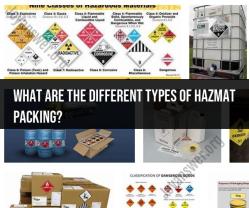What can I do with my OSHA training certificate?
Obtaining OSHA (Occupational Safety and Health Administration) training certificates can open up various opportunities and benefits for individuals in the workplace. Here are some potential applications and uses for OSHA training certificates:
Employability:
- OSHA training certificates enhance your employability by demonstrating your commitment to workplace safety. Many employers prioritize safety training, and having OSHA certificates can make you a more attractive candidate.
Compliance with Regulations:
- OSHA training certificates help individuals and organizations comply with regulatory requirements related to workplace safety. Some industries and roles may require specific OSHA certifications to ensure compliance with safety standards.
Industry-Specific Requirements:
- Certain industries, such as construction, manufacturing, and healthcare, have specific safety regulations. OSHA training certificates cater to industry-specific needs, making them valuable for professionals working in these sectors.
Enhanced Safety Knowledge:
- OSHA training provides participants with a deeper understanding of safety hazards, risk assessment, and prevention measures. This knowledge can contribute to creating safer work environments and reducing workplace accidents.
Career Advancement:
- OSHA training certificates can contribute to career advancement by demonstrating your expertise in safety management. Employers often value individuals who invest in their professional development and have the skills to ensure a safe workplace.
Risk Reduction:
- With OSHA training, individuals can identify potential workplace hazards and take proactive measures to mitigate risks. This not only contributes to a safer working environment but also reduces the likelihood of accidents and injuries.
Contractor Qualifications:
- Some clients and contracting organizations require proof of OSHA training for workers involved in construction, maintenance, or other high-risk activities. Having OSHA certificates can qualify individuals or businesses for specific projects or contracts.
Supervisor and Managerial Roles:
- OSHA training certificates, especially for roles like OSHA 30-Hour or OSHA 510 and 500 for trainers, are beneficial for those in supervisory or managerial positions. These certificates signify a higher level of safety expertise and leadership in the workplace.
Legal Compliance:
- OSHA training helps organizations and individuals stay in compliance with legal requirements related to occupational safety. Compliance with OSHA regulations is not only a legal obligation but also a critical aspect of ethical business practices.
Demonstrating Due Diligence:
- For employers, ensuring that employees have undergone OSHA training demonstrates due diligence in providing a safe workplace. It can be a crucial factor in legal matters related to workplace safety.
Emergency Preparedness:
- OSHA training often includes components related to emergency preparedness, response, and evacuation procedures. This knowledge is valuable in various industries, especially those with potential emergency situations.
Promoting a Safety Culture:
- OSHA training certificates contribute to fostering a safety culture within an organization. Trained employees are more likely to adhere to safety protocols, report hazards, and actively participate in maintaining a safe workplace.
It's important to note that the specific applications of OSHA training certificates can vary based on the type of certification obtained and the industry in which you work. Always check with employers, regulatory agencies, and industry standards to ensure that your OSHA training aligns with the requirements of your specific role and industry.
What career options or roles can someone pursue after obtaining an OSHA training certificate?
Obtaining an OSHA training certificate, particularly a general OSHA 10 or OSHA 30, opens doors to various career options across several industries. Here's a breakdown of some potential paths you can pursue:
Safety-focused roles:
- Construction Safety Specialist: Monitor and enforce safety regulations on construction sites, identify hazards, and implement safety protocols.
- Safety Inspector: Conduct inspections in various workplaces to ensure compliance with OSHA standards, investigate accidents, and issue citations.
- Safety Manager/Coordinator: Develop and implement safety programs, train employees on safety procedures, and manage safety documentation.
- Industrial Hygienist: Assess occupational hazards like chemicals, noise, and radiation, and recommend solutions to mitigate risks.
- Ergonomics Specialist: Analyze and design workspaces and tasks to prevent musculoskeletal disorders and promote worker comfort.
Other roles with safety knowledge:
- Environmental Technician/Specialist: Monitor environmental compliance, conduct air and water quality testing, and implement environmental safety procedures.
- Quality Assurance/Control Specialist: Ensure products and processes meet quality and safety standards, conduct inspections, and implement corrective actions.
- Facility Manager/Supervisor: Oversee the safe operation of facilities, manage maintenance and repairs, and ensure compliance with safety regulations.
- Project Manager: Plan and execute projects while integrating safety considerations, conduct risk assessments, and manage safety budgets.
- Health and Safety Trainer: Develop and deliver training programs on various safety topics, educate employees on safe work practices, and answer safety-related questions.
Additionally, your OSHA training can be valuable in non-traditional roles:
- Human Resources: Implement safety policies within HR procedures, conduct safety training for new hires, and participate in accident investigations.
- Legal: Assist with legal matters related to workplace safety, research and interpret OSHA regulations, and prepare legal documents.
- Education/Training: Develop and deliver safety training programs for schools, community organizations, or private companies.
- Consulting: Offer safety consulting services to businesses, helping them comply with OSHA standards, improve their safety programs, and reduce accidents.
Remember, the specific career options available will depend on your existing education, experience, and location. However, an OSHA training certificate demonstrates your commitment to safety and can be a valuable asset in various fields.
Here are some resources to help you explore further:
- OSHA Career Center: https://www.osha.gov/careers
- National Safety Council (NSC): https://www.nsc.org/
- American Society of Safety Professionals (ASSP): https://www.assp.org/about
By leveraging your OSHA training and exploring options across different industries, you can unlock a fulfilling career in the field of safety or beyond.
